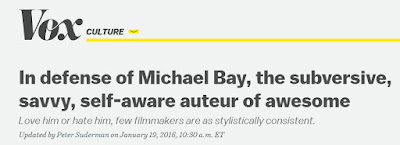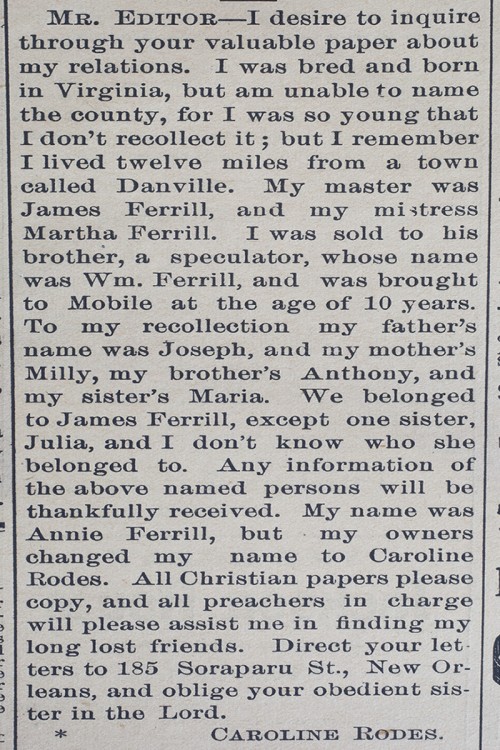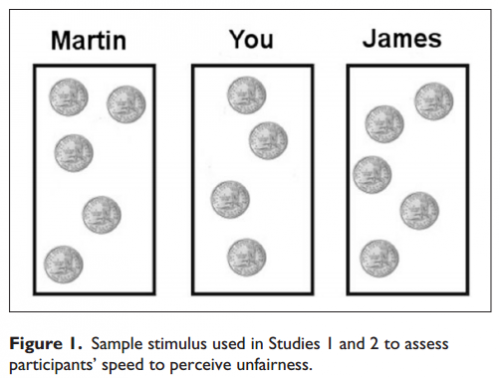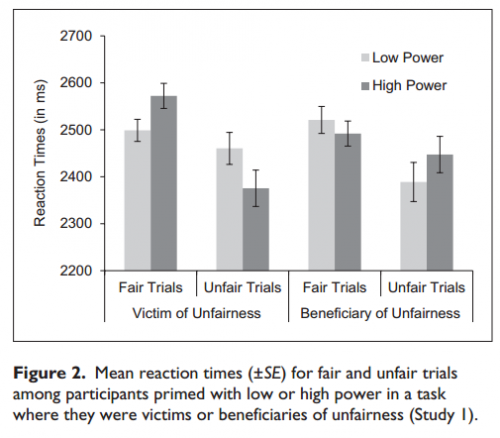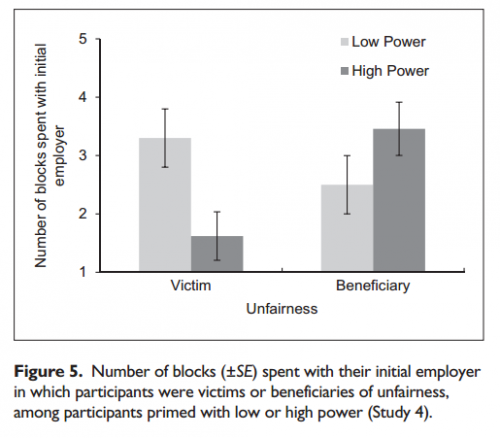Way back in 1996 sociologist Susan Walzer published a research article pointing to one of the more insidious gender gaps in household labor: thinking. It was called “Thinking about the Baby.”
In it, Walzer argued that women do more of the intellectual and emotional work of childcare and household maintenance. They do more of the learning and information processing (like buying and reading “how-to” books about parenting or researching pediatricians). They do more worrying (like wondering if their child is hitting his developmental milestones or has enough friends at school). And they do more organizing and delegating (like deciding when towels need washing or what needs to be purchased at the grocery store), even when their partner “helps out” by accepting assigned chores.
For Mother’s Day, a parenting blogger named Ellen Seidman powerfully describes this exhausting and almost entirely invisible job. I am compelled to share. Her essay centers on the phrase “I am the person who notices…” It starts with the toilet paper running out and it goes on… and on… and on… and on. Read it.
She doesn’t politicize what she calls an “uncanny ability to see things… [that enable] our family to basically exist.” She defends her husband (which is fine) and instead relies on a “reduction to personality,” that technique of dismissing unequal workloads first described in the canonical book The Second Shift: somehow it just so happens that it’s her and not her husband that notices all these things.
But I’ll politicize it. The data suggests that it is not an accident that it is she and not her husband that does this vital and brain-engrossing job. Nor is it an accident that it is a job that gets almost no recognition and entirely no pay. It’s work women disproportionately do all over America. So, read it. Read it and remember to be thankful for whoever it is in your life that does these things. Or, if it is you, feel righteous and demand a little more recognition and burden sharing. Not on Mother’s Day. That’s just one day. Everyday.
Cross-posted and in print at Money.
Lisa Wade, PhD is an Associate Professor at Tulane University. She is the author of American Hookup, a book about college sexual culture; a textbook about gender; and a forthcoming introductory text: Terrible Magnificent Sociology. You can follow her on Twitter and Instagram.

